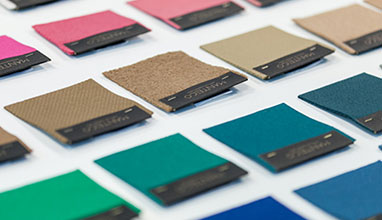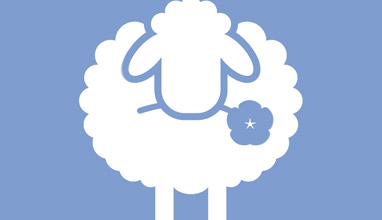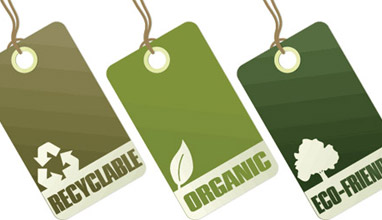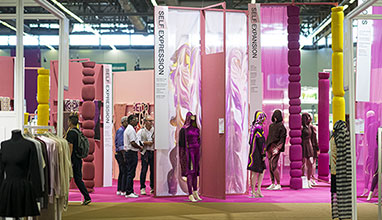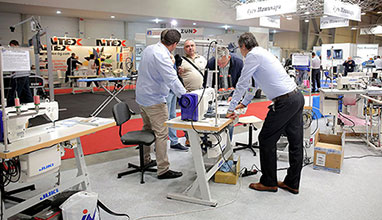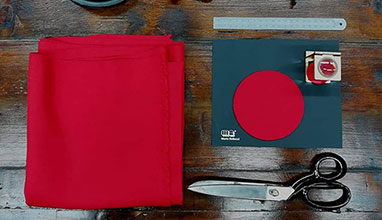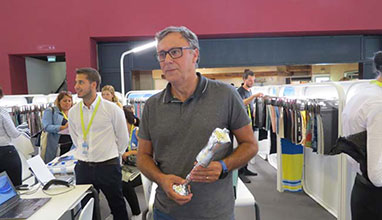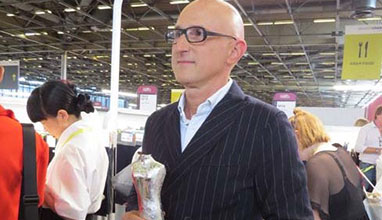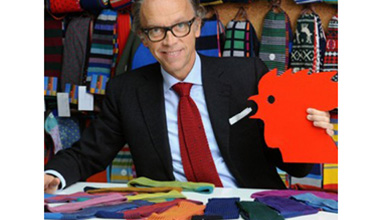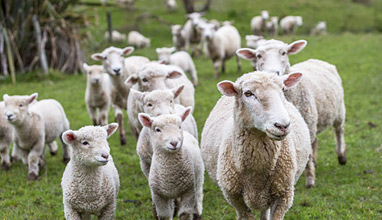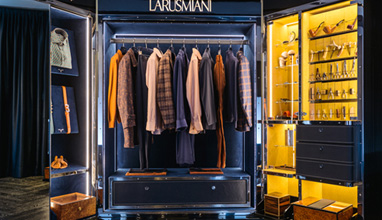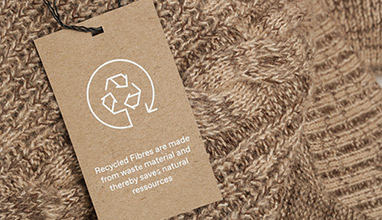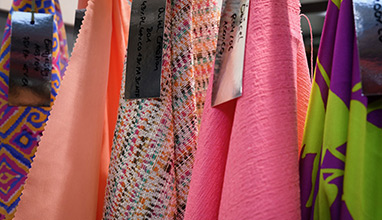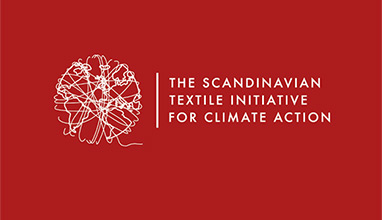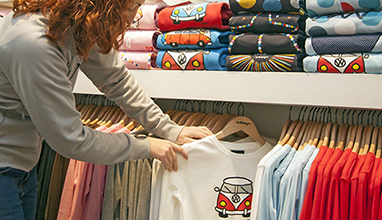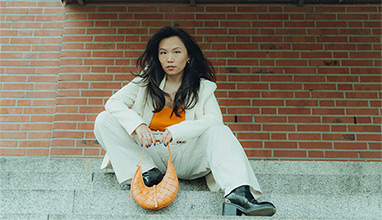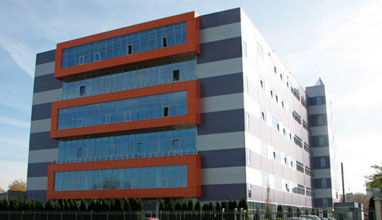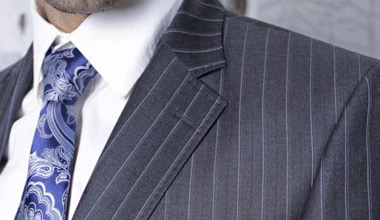Tag: raw material
Manteco presents The Manteco System: the integrated sustainable network making fashion circular
World leading textile manufacturer Manteco presents its sustainable path for a better future: The Manteco System. A strategy and a vision shaping the company’s sustainable imprint since 1943. The system consists in the development and engineering of a production network involving 100 partner-companies from the whole supply chain within 10 km of Manteco HQs in Prato, Italy; “We all team up responsibly to create premium collection based on transparent , traceable circular economy practices,” comments Matteo Mantellassi, co-CEO of Manteco.
Glossary of Sustainable fashion
We already know that one garment is sustainable, if its manufacturing process protects the environment and respects people. But which are the different aspects of Sustainability in Fashion? Let's see...
What is Sustainable fashion?
Sustainable is product, which is manufactured with environment-friendly raw materials, technologies and chemicals and respect for people - workers, local people, consumers.
Over 56 000 visitors came to seek inspiration and innovation at the September 2019 edition of Premiere Vision Paris
The September 2019 edition of Premiere Vision Paris, the leading professional show for the creative fashion industry, was held from 17 to 19 September in Paris Nord Villepinte. The event, dedicated to the autumn-winter 2020-21 collections, welcomed 56,154 visitors from across the globe.
Impressive and full of technologies - textile production machines
Modern textile production goes back to the years of the First industrial revolution. In just a few decades, in the late 18th and first half of the 19th century, the manufacturing system has been replaced by industrial processes. There are huge machines, which are processing quantities of raw material which were not possible by then. Only decades later the conveyor lines and mass production were implemented. But what is the situation today?
Lanificio Mario Bellucci fabrics
Lanificio Mario Bellucci was founded in 1950 in Prato, a large textile center located just a few kilometers from Florence. Already from the early 60's, the company has been specialized in novelty fabrics, creating a large commercial market both in Italy and internationally.
Sidonios Malhas - a textile company focused on the production of knitted fabrics
Sidonios Malhas was established on 8th June 1984, based on the spirit of initiative and experience of its founders, Sidonio Ferreira da Silva and his son Sidonio Teixeira da Silva, adopting the legal form of a Firm.
Luxury Jersey Fall/Winter 2019/2020 collection awarded by 303 Tuscans Ethical Fashion
Luxury Jersey has developed for their Fall/Winter 2019/2020 collection a line of fabrics dedicated to the male universe - the "MEN’S ZONE": from raw materials appreciated by men, such as cotton, cotton-cashmere, wool-cotton and melange silk.
Responsible innovation represents the core interest in the fashion industry in 2018
Interview with Giusy Bettoni, the CEO and founder of C.L.A.S.S. Giusy has extensive experience (over 30 years), within the textile sector, including first-hand knowledge within the raw material development market and ingredient branding for leading international organizations.
Gallo socks - combining the poetry of craftsmanship with the industrialisation of technology
The key pieces are the socks: accessories that have the power to ennoble every look in the male wardrobe.
The 4 levels of the fashion industry
The fashion industry is devided into four levels - Primary, Secondary, Retail, and Auxiliary. They work independently and interdependently to serve the consumer.
Larusmiani Tessuti Fall/Winter 2018-2019 fabrics collection
Larusmiani Tessuti presented their Fall/Winter 2018-2019 fabrics collection at Milano Unica earler this month. The upcoming Autumn / Winter 2018-2019 season it’s a ample collection that respects nature and ethical working conditions through low impact productions and careful attention to the origin of fabrics. Larusmiani does not support countries and exporters where there’s no transparency on working conditions or where it is tolerated the exploitation of child labor for example by not importing Uzbek cotton.
Related Articles
Editor's Choice


